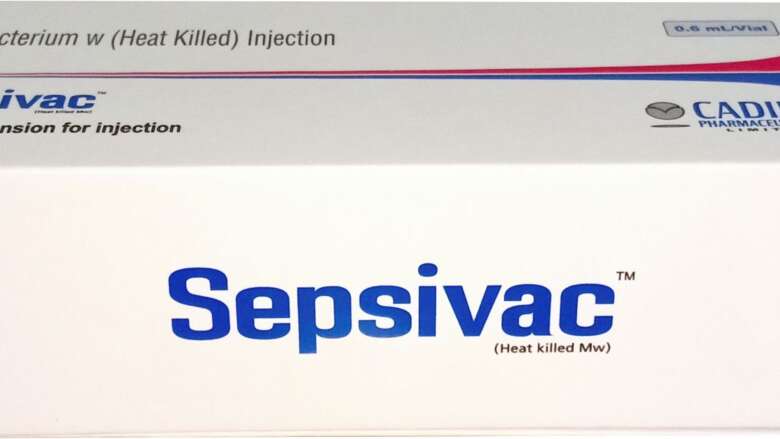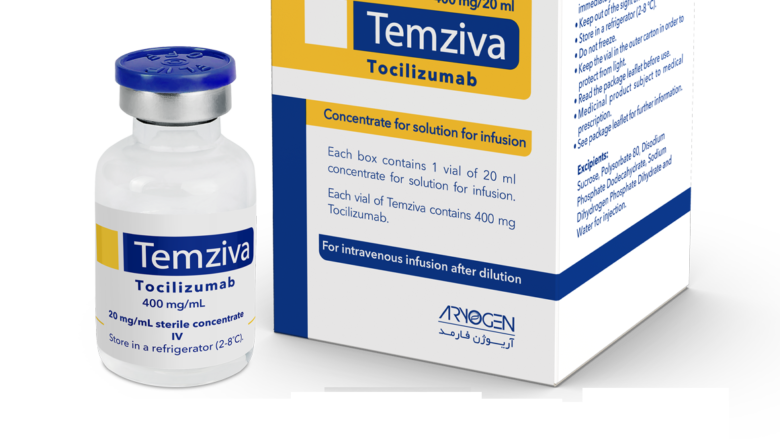NEWS
Biocare Lifesciences sustains growth despite pandemic
The fact that one’s business is in the “essential” category gives the company a better chance of surviving in today’s business environment that is hit by a worldwide pandemic.
To survive and post an impressive growth rate, sustaining pre-pandemic figures, 20% to 30% in the case of Biocare Lifesciences Inc., is certainly a big achievement. However, according to the company’s Managing Director Dileep Tiwari, an Indian national who opted out of being employed doing the same job and started the health-care distribution business in 2012, “luck is just a small factor, the reasons why we are surviving and doing good these times are hard work, solid research on new products to continuously expand our brands and product lines, a focused approach on marketing, and supported by a professional team, coupled with the trust we have earned from government and private hospitals.”
His company was the first to bring in wonder drugs Remdesivir and Favipiravir, both used for specific conditions among Covid-19 patients, and followed this year with Tocilizumab, all of which are doing very well in the market.“Collectively, we can say we were able to help save many lives because of these drugs, however, because of the surge in cases in India, the export of Remdesivir has been temporarily suspended and limited for Indian use, this has created a problem on our sourcing but we are addressing this and trying to fulfill the demand from other countries like Egypt and Bangladesh,” added Tiwari.
Challenging times It does not mean however that the business is not facing its share of challenges in the current times. Tiwari pointed out that they had around 38 brands but the sales in some sectors like inhalers have dropped considerably because people are not going out or allowing themselves to be admitted in hospitals unless extremely needed.
He added that they had “some brands they could not import in small figures based on demand, we have to buy them based on minimum batch size and due to the pandemic and lockdown that followed, some of them expired or reached near expiry before we can dispose of them.”
“However what we do as a service is even before such medicines expire, knowing we will not be able to move them anymore, we try to donate them to different hospitals with their approval so they can be used immediately by doctors, and they appreciate this very much,” Tiwari said who was assigned in South America as country manager until he decided to work on his own with no regrets.
His business, which started with only two staff in a small office in Makati, now employs 20 office staff and 70 field sales personnel scattered all over the country. This, in itself, is a big challenge for the sales people who used to do personal visits to doctors. However, his sales force is intact and “we continue to hire people but we needed to reduce working hours and started work-from-home programs.
He noted that what is needed in the pharmaceutical industry is to change the perception that quality drugs are only found in Europe. According to Tiwari, he has been sourcing drugs from other countries outside of Europe like Brazil, Argentina, Turkey, India, Korea and Bangladesh.
India, he added, is considered the world’s pharmacy due to its large scale manufacturing capacity, huge investments in research and development, coupled with a robust domestic consumption. India dominates the global generic market, exporting nearly US$20 billion worth of medicines, equivalent to nearly 20% of the global market, including 40% of the generic demand in the United States.
SOURCE:


 Office Address
Office Address +63-2-4037032
+63-2-4037032
